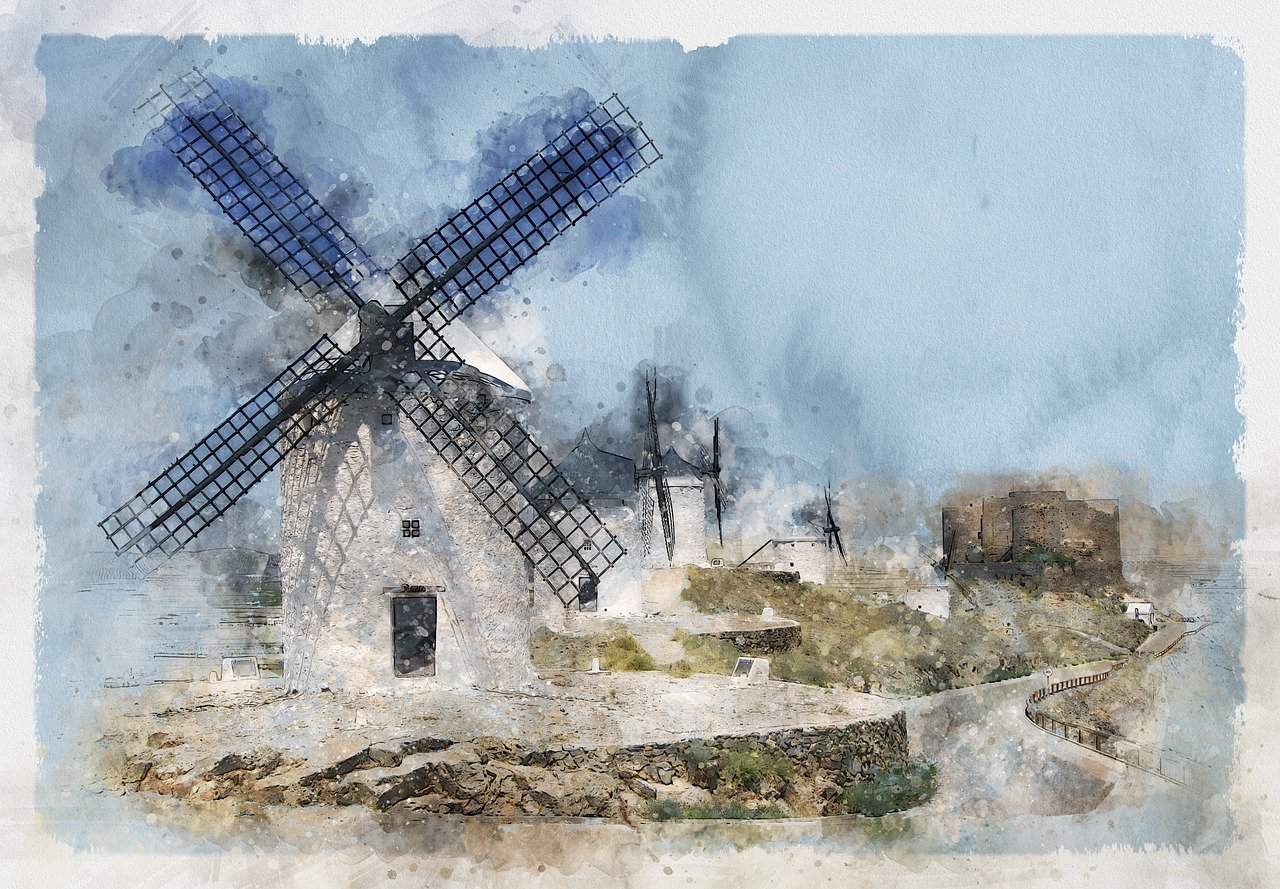Two weeks ago, Pope Francis released his post-synodal exhortation, Querida Amazonia. TJP – as well as many others – has published reflections and inspirations that have grown out of this attentive, patient, and poetic document. But I want to focus on what immediately strikes me about the document: the structure of the document around four orienting dreams (7). I, being the theater geek that I am, immediately thought of dreams present in musicals rather than speeches. In The Man of La Mancha, Don Quixote, tired of the troubles of the world, decides to abandon the reality around him in favor of a dream: to become a knight-errant, sallying forth into the world to right all wrongs. Like Don Quixote, Pope Francis speaks of dreams that seem very far from our world right now.
***
As TJP writer Bill McCormick points out, Querida Amazonia is “perhaps the clearest expression of the hortatory or epideictic genre” building off the style of the Vatican II documents. That is, Pope Francis did not use the document to instruct, but rather offered it as a chance for us to dream with God. Pope Francis dreams of “an Amazon region that can integrate and promote all its inhabitants” (8) as well as “an authentic option for the poor and the abandoned… [which] involves inviting them to a friendship with the Lord that can elevate and dignify them” (63). Likewise, in the big show-stopping number, Don Quixote sings of his “impossible dream” that guides his world. But I want to focus on another, smaller tune: “To Each His Dulcinea,” sung by the priest tasked with helping Don Quixote’s family deal with his fantasies.
To each his Dulcinea
That he alone can name
To each a secret hiding place
Where he can find the haunting face
To light his secret flame
“Lady Dulcinea” is the name Don Quixote bestows on a waitress he meets in his travels; despite his fantasy, the waitress Aldonza insists again and again she’s not any kind of a lady. But Quixote will not give up, and sings of the pure beauty he sees in his Dulcinea. The priest recognizes the importance for Don Quixote, and all of us, to have a dream deep within our souls. The “secret flame” of our love can guide us, give us hope whenever we most need it.
For with his Dulcinea
Beside him so to stand
A man can do quite anything
Outfly the bird upon the wing
Hold moonlight in his hand
Pope Francis, in the exhortation, seems in one sense to be holding moonlight in his hand. The social, cultural, ecological, and ecclesial dreams give us a vision of a more just, loving, and integrated world. They begin by looking first at what is, and then moving into what is not. These dreams reveal Francis’s inner spiritual life that brightens love with hope. He dreams alongside the Holy Spirit, invigorated by a call that grew from the depths of Amazonia to echo around the world.
***
But to hope is not to create, not to bring about the world it imagines. Don Quixote uses his dreams precisely to escape reality; he was tired of windmills just being windmills. The fantasy of his dreams cause unending troubles those around him, because he refuses to acknowledge the reality that his angelic Dulcinea is actually an unvirtuous woman named Aldonza. Those around Don Quixote mock him, roll their eyes at him, and otherwise dismiss his dreams. We might imagine a similar response to Pope Francis, who implores that “we can love [the Amazon Region], not simply use it” (55) – despite all evidence to the contrary.
It’s prudent to recall
A man with moonlight in his hand
Has nothing there at all
There is no Dulcinea
She’s made of flame and air
Francis is not unaware of this truth. “After sharing a few of my dreams, I encourage everyone to advance along concrete paths that can allow the reality of the Amazon region to be transformed and set free from the evils that beset it” (111). He still recommends ways of moving forward, of avenues for greater lay leadership as well as examples demonstrating an integral understanding of the world ecology. Francis’s dreams by themselves will not fix any problems. Food is better than moonlight when it comes to feeding starving children.
But in the document, the plans are secondary to the dreams. The dreams structure, guide, and inspire the concrete actions. It is striking that, alongside the quotes from previous popes and his own writings, Pope Francis quotes poets and writers. In other words, he looks to fellow dreamers.
***
Fantasy, I think, gets a bad rap. We take it as something ‘else,’ something beyond our normal day-to-day living. Yet Sigmund Freud reminds us that dreams have power. He became famous for his unrelenting insistence that precisely what we dream when we sleep matters. “The dream,” he says, “is the liberation of the spirit from the pressure of external nature, a detachment of the soul from the fetters of matter.” Dreams, which well up from our unconscious minds, reveal what is most true in our souls. They reveal the kind of people we are and what we truly desire.
The dreams that inspire Pope Francis are much more than nighttime wanderings, more than symbolic representations and buried repressions. His dreams speak of the way he wants the world to be, “to cultivate without uprooting, to foster growth without weakening identity, to be supportive without being invasive” (28). For those of us who take Pope Francis to be the shepherd of the Church on Earth, his dreams are holy things. We are invited not simply to watch and judge, but to dream and act with him.
Yet if you build your life on dreams
And yet how lovely life would seem
If every man could weave a dream
To keep him from despair
To each his Dulcinea
Though she’s only flame and air
Dreams, at the end of the day, keep us from despair. And I believe that’s what Pope Francis wants us to remember. The problems of the Amazon, and indeed the problems of countless indigenous peoples and very earth itself, all seem overwhelming. But despair is not a virtue. The empty tomb reminds us of that.
No, having a dream will not shelter us from storms. It will not undo the centuries of colonial exploitation. Moonlight in our hands will not stop the forests from burning, or keep the desperate from selling their heritage to try to buy a better life for their children. But that moonlight will give us a little bit of wonder. If we want to change those things, we need to begin with a dream. Or four.


